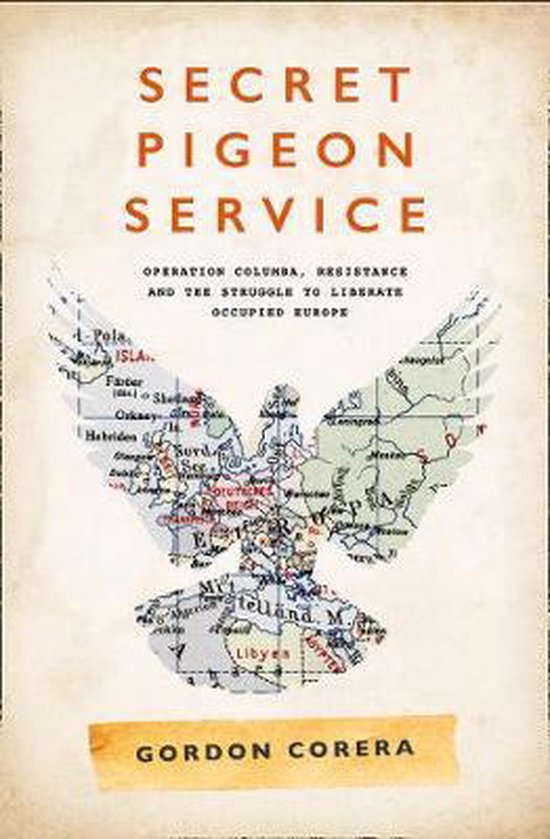

Corera’s vivid account shows how the pigeons’ messages revealed daily life under the Nazis and valuable intelligence. As so often in wartime British intelligence, the project was handled by a collection of “oddballs and professors” and suffered from bureaucratic infighting, but it still made a difference. The aim was to persuade any local people who chanced on the birds to write messages, hopefully containing intelligence on German military positions and movements, on tiny pieces of rice paper stuffed into a canister clipped onto each pigeon’s leg.

But about ten percent returned, enough to make the effort worthwhile. Most of the birds were never seen again, in some cases lost to hawks sent by the Germans to intercept them. During World War II, British intelligence agencies sent operatives into occupied Europe to place some 16,000 homing pigeons carried in special containers.


 0 kommentar(er)
0 kommentar(er)
